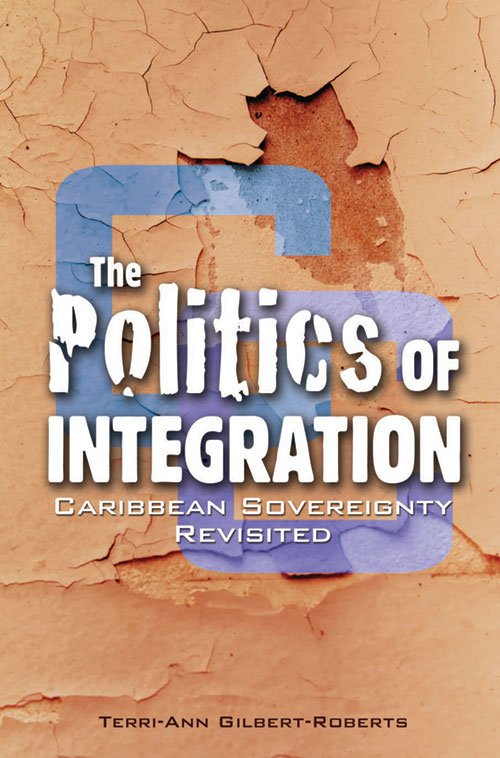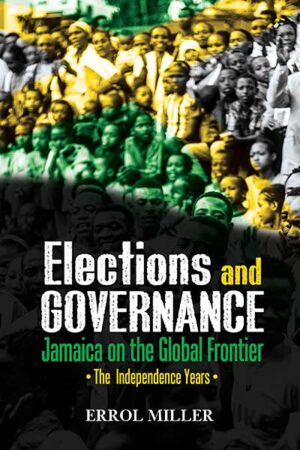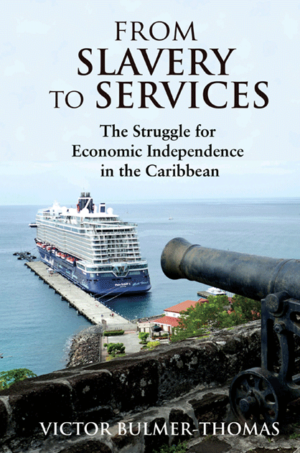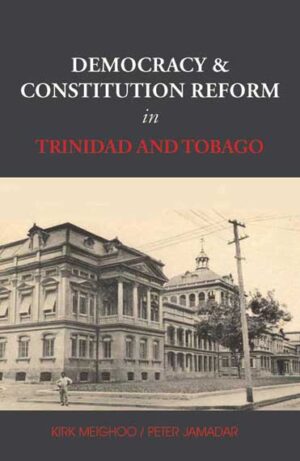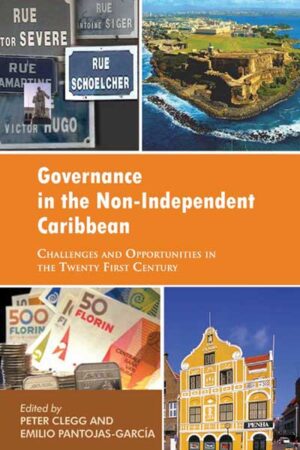Description
The politics of a limited regional engagement in Jamaica, shackled as it is by the ghosts from the referendum; the politics of ethnicity in Trinidad and Tobago and Guyana; a mistaken sense of the uniqueness, specialness and separation among large sections of the Barbadian populace; the peculiar distinctiveness of Haiti and Suriname; and the cultivated aloofness from the regional enterprise by The Bahamas; are destined, in the foreseeable future, to keep CARICOM as a Community of Sovereign States in which several of its member states jealously guard a vaunted and pristine sovereignty.
Ralph Gonsalves (2008)
Prime Minister – St Vincent and the Grenadines
Regional governance has been CARICOM’s continuous and most pressing issue with an ominous prediction of the organisation’s expiration by 2017 if its governance structures are not urgently addressed. Ralph Gonsalves’ highly charged 2008 statements highlighted the distinctive characters of Caribbean political culture which have stymied the effective functioning of regional governance systems.
In The Politics of Integration, Terri-Ann Gilbert-Roberts presents CARICOM’s special paradoxical relationship between sovereignty and regionalism, examines the framework for regional governance and discusses the strategic implications for moving the region and the integration movement forward.
In a refreshingly frank discussion of the political culture and context, the personalities and the tradition of sovereignty which have all shaped the integration movement in the Caribbean, Gilbert-Roberts lays bare the problems of the past, CARICOM’s successes and failures and revisits the roadmap for the future charted so many years ago, yet not followed. She posits that the illusion of a ‘vaunted and pristine sovereignty’ has in fact emerged from the failure of the leaders themselves to abandon their own elite conceptions of a personal sovereignty that, coupled with the absence of a true regional ideology − ideas supported by measurable collective action − have left a vacuum between the theoretical promise of regionalism and CARICOM’s disappointing record to date.
The Politics of Integration concludes that CARICOM’s collapse is not inevitable, highlighting the potential for a renewal of the regional development process if the fundamental dynamics of power and the implications for sovereign authority (political and personal), control, autonomy and legitimacy are addressed. Whether Caribbean leaders will realise the development potential for their individual countries and rise collectively to the political challenge of reform will be the true test – a test only they will take but for which the region will either reap the rewards or pay the price.

